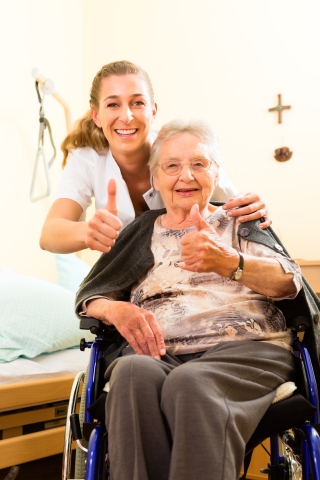One of the many difficult aspects of cancer rehabilitation is keeping patients’ energy up after rounds of chemo and the weariness that develops from the incredibly emotional process. The stress and fatigue that accumulates can be overwhelming so it’s important to keep up both their energy and spirit during the difficult situation. There are several methods that doctors will experiment with, and each case can vary depending on the person and the severity, but for a patient to fight through their cancer, it’s crucial that they keep their energy up.
Cancer rehabilitation is just one area that ACRM is interested in and we’re seeking researchers who have a proposal they want to submit for our 2018 rehabilitation research conference. If you want to further advance the knowledge of cancer rehabilitation, we want to hear from you. Submit your proposal and you can look forward to meeting and networking with fellow medical professionals from around the world and sharing your knowledge with practitioners, nurses, psychologists, health trainers, and more.
 Methods of Managing Cancer-Related Fatigue
Methods of Managing Cancer-Related Fatigue
Rest
Resting is, of course, important, but it’s also necessary to keep an eye on how much rest a patient is getting. To get just the right amount of rest, patients should try to get between seven and eight hours of sleep each night and a 30 minute or less nap in the middle of the day. Too much rest could actually have the opposite effect and cause patients to feel lethargic, leading to reduced energy levels. Also, try to avoid caffeine. Watch out for drinks like coffee, tea, and soda, but also certain foods like chocolate and medications like headache relief.
Stay Active
It’s understandable that those recovering from, or in the middle of, cancer treatment will not feel like being active. However, even moderate exercise can help improve their energy. Try to include walking and aerobic or strength-building programs (if it’s OK with the doctor) to help reduce fatigue. Being active with certain conditions such as bone cancer, a low white blood cell count, a fever or infection, or anemia, could lead to injury, so it’s best to keep activities light.
Save Energy
In the middle of cancer rehabilitation, it’s important to conserve energy for important tasks or activities as well. If patients have a long to-do list that they really want to complete as soon as possible, it’s important for them to prioritize the important tasks and put off less important tasks for another day. Pushing to complete everything quickly will only tire them out and could prolong recovery.
 Get Help
Get Help
For tasks that are too strenuous, patients should ask a family member or friend to help them. Yard work such as mowing the lawn, meal prop, housework, or running errands could use up precious energy that patients will need for other tasks. When people offer to help with these tasks, be as specific as possible, so that everyone is getting what they want and need.
Eat Well
When recovering from any illness or condition, it’s important to eat well and keep a well-balanced diet. Be sure to keep a diet full of fruits, vegetables, liquids, and protein. Cancer patients often have to handle changes in their diet due to loss of appetite, nausea, or vomiting, so it might help to work with a dietitian who can recommend a daily meal plan.
Submit a Proposal For ACRMs 2018 Rehabilitation Research Conference
Even though these energy management tips seem to be basic, it’s this type of information that can significantly improve the quality of life for anyone recovering from cancer.
ACRM is seeking rehabilitation researchers to share their knowledge with nurses, practitioners, and many other medical professionals who work with patients recovering from a variety of illness and conditions.
We are accepting proposals in 20 different content focuses, including:
- Clinical practice
- Complementary, integrative rehabilitation
- Limb restoration rehabilitation
- Military and Veterans Affairs
- Pain
- Pediatric Rehabilitation
- Spinal cord Injury
- And many more
Our passion is to improve the quality of life for patients and we can’t do it without continued rehabilitation research. Whatever your field of expertise is, we are looking to you for that piece of knowledge that we can take into hospitals and homes around the world to better care for patients.
Submit your proposal here for our 2018 rehabilitation research conference.








